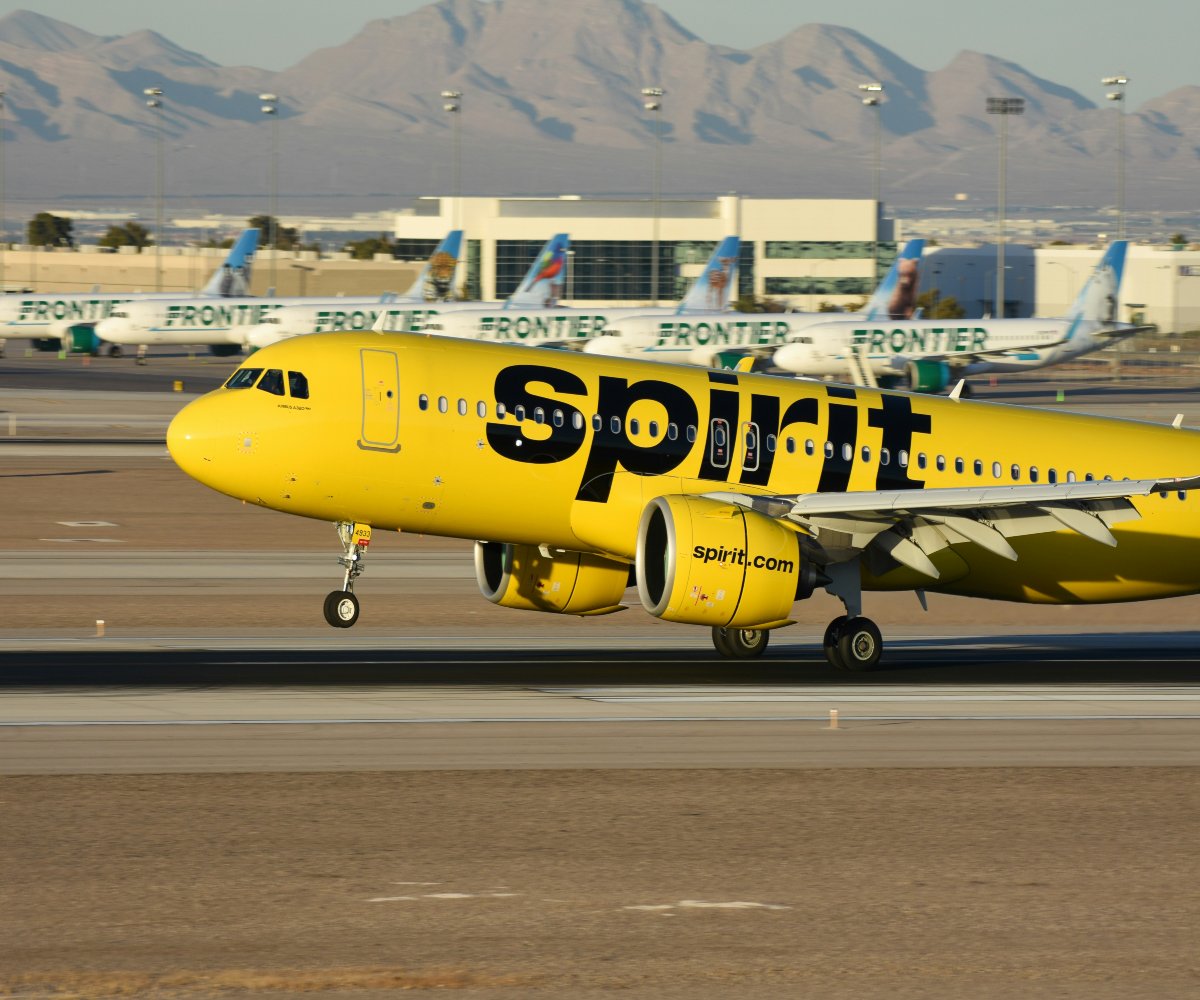Several apartment key boxes in Seville, Spain have allegedly been covered in excrement. This development signals a disturbing escalation of anti-tourism sentiments in the city. It is also a new low in the ongoing tensions between locals and the country’s booming tourism industry.
According to the Spanish daily newspaper ABC, someone vandalized multiple lockboxes containing keys for short-term rental properties. These stays in Seville’s central Alameda district were targeted with what appears to be dog feces.
These lock boxes symbolize Airbnb-style rentals, allowing guests easy access to apartment keys. They now signal the proliferation of tourist accommodations in residential areas. An image published by ABC shows a lockbox attached to a window railing with its combination code cover smeared with brown muck.
Seville’s Tourism Tensions
This incident is among many amid growing opposition to mass tourism in Seville. The Andalusian capital has seen a surge in short-term rentals, which has raised housing costs and pushed locals out of the city center. The excrement-smearing episode coincides with ongoing political debates about how to address the tourism situation. Euronews reports that Seville’s mayor, José Luis Sanz, has recently proposed limiting licenses for Airbnb-style short-term rentals, capping tourist apartments at 10% of total accommodation in certain areas.
However, the main opposition party, PSOE, argues that these restrictions don’t go far enough. They have blocked the bill and are pushing for even tougher measures to curb the proliferation of tourist rentals. Seville is not alone in grappling with overtourism. Other Spanish cities, including Barcelona, Palma, Malaga, and Valencia, have introduced various measures to regulate tourist numbers such as tourist taxes and limits on holiday rentals.
In Barcelona, the past weeks have seen large-scale protests against mass tourism. Locals recently sprayed visitors with water. The Catalan capital has gone a step further, announcing plans to eliminate all tourist rentals by 2028.





